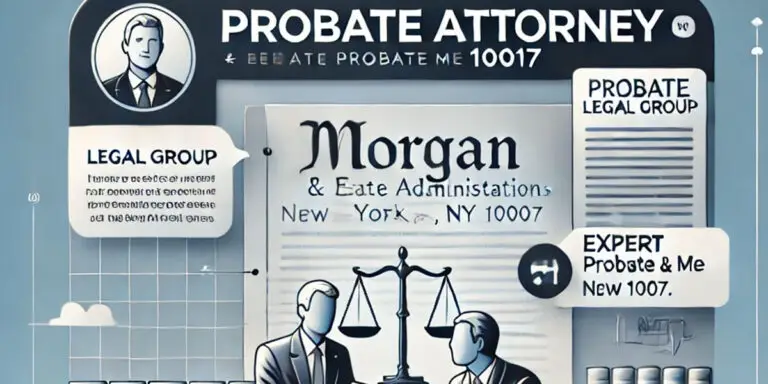
Probate Attorney 10017 NYC | Expert
Probate Attorney Near Me 10017: Your Midtown East Guide Searching for a “probate attorney near me 10017” indicates a need for assistance. Probate, the process


Home » Estate Planning » Wills and Trusts » Page 2

Probate Attorney Near Me 10017: Your Midtown East Guide Searching for a “probate attorney near me 10017” indicates a need for assistance. Probate, the process
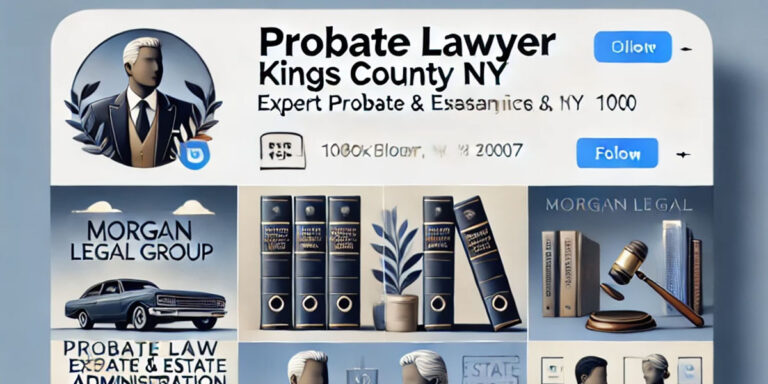
Probate Brooklyn Lawyer: Your Guide to Estate Administration Navigating the complexities of probate can be overwhelming when facing the loss of a loved one in

NY Estate Planning Lawyers: Wills, Trusts & Protecting Your Family Welcome to Morgan Legal Group P.C., your trusted advisor for estate planning in New York.
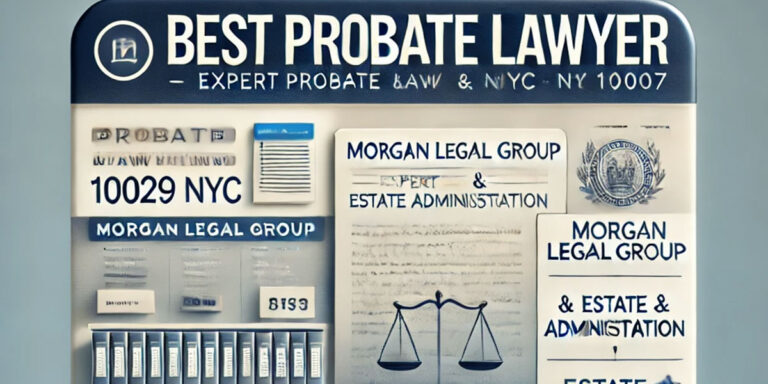
Probate Attorney Near Me 10029: Your Local Guide If you’re searching for a “probate attorney near me” in the 10029 zip code (Upper East Side,

Wills & Trusts Lawyer Bronx NY: Planning for Tomorrow Planning for the future can seem daunting. This is especially true when considering what happens to
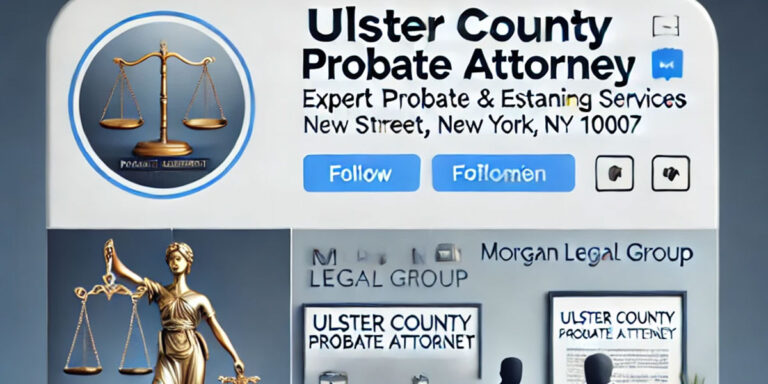
Ulster County Probate Attorney: Navigating Estate Administration Losing a loved one is an emotionally challenging experience. Managing the legal complexities of probate can add further
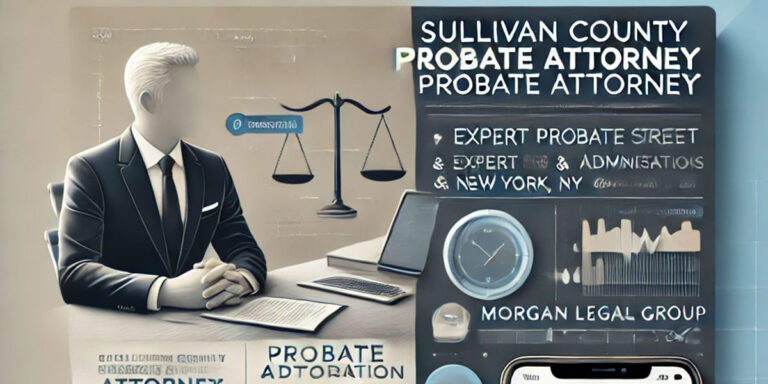
Probate Attorney Sullivan County NY: Expert Guidance Dealing with the loss of a loved one is difficult. Navigating the probate process adds to the stress.

Trusts & Estates Lawyer NYC: Secure Your Future Navigating trusts and estates law in New York City demands expertise. These legal areas are complex. They

Why Estate Planning Lawyers Matter in NY Estate Planning: Not Just for the Wealthy Estate planning might seem like a task reserved for the wealthy
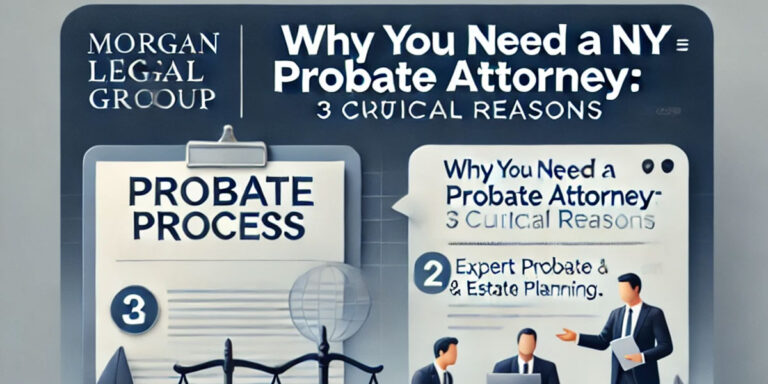
Why You Need a NY Probate Attorney: 3 Crucial Reasons Probate can feel daunting, especially in NYC. It’s the legal process of handling a deceased
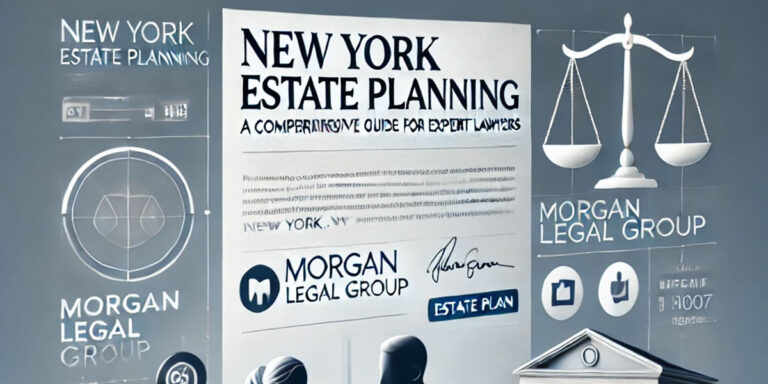
NYC Estate Plan: Wills, Trusts & Lawyers – Secure Your Legacy Welcome to Morgan Legal Group, P.C., your trusted advisors for estate planning in New
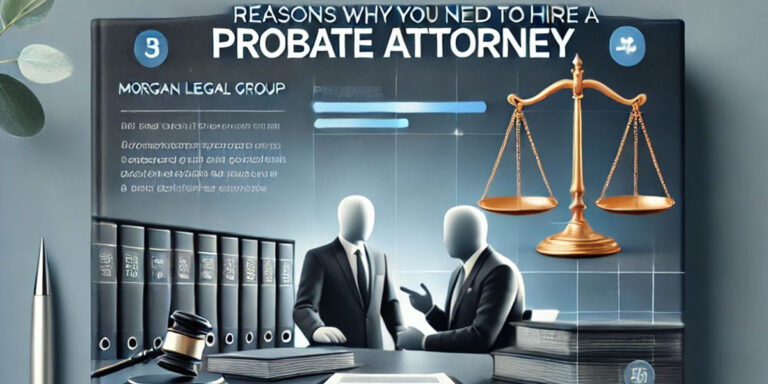
Navigating Probate: Why You Need a Skilled Attorney in New Losing a loved one is a difficult experience. The legal process that follows, known as
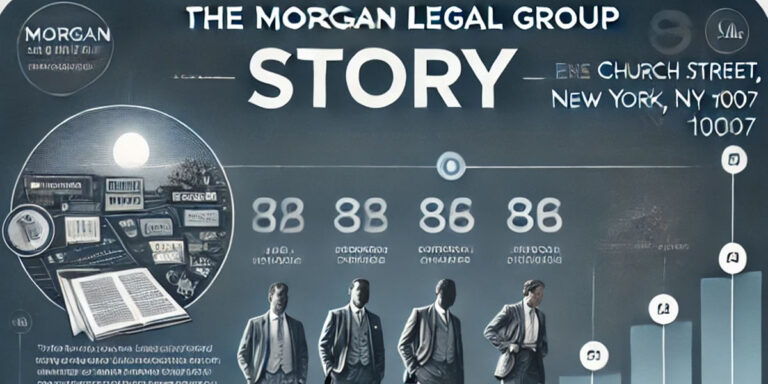
Building a Legacy: The Values That Drive Morgan Legal Group At Morgan Legal Group, we understand that estate planning is more than just legal documents.

How Much Does a Power of Attorney Cost in New York? Creating a Power of Attorney (POA) is crucial in estate planning, elder law, and
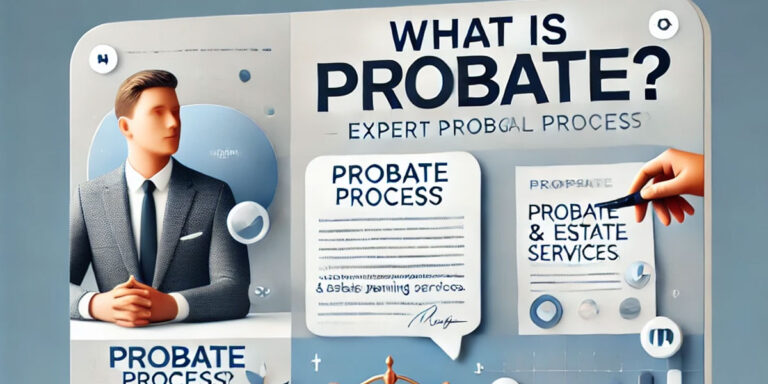
What is Probate? A Comprehensive Guide for New Yorkers The term “probate” often evokes confusion and anxiety. Simply put, probate is the legal process of

What to Do Before Hiring a Probate Attorney: A New York Guide Dealing with the death of a loved one is emotionally taxing. Starting the

Suffolk County Probate Attorney: Your Guide to Estate Administration on Long Island The loss of a loved one is a deeply emotional and challenging time.

Rockland County Probate Attorney: Navigating Estate Administration with Confidence The loss of a loved one is a deeply challenging experience. The added responsibility of managing
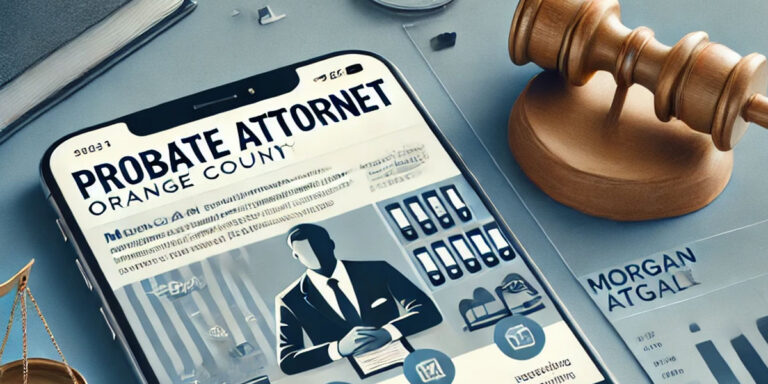
Orange County Probate Attorney: Your Guide to Estate Administration The passing of a loved one is a deeply emotional experience. Facing the complexities of probate
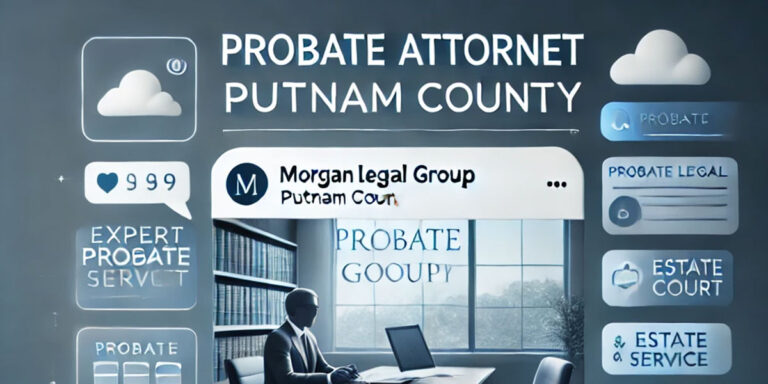
Putnam County Probate Attorney: Guiding You Through Estate Administration Dealing with the loss of a loved one is an incredibly difficult time. The added responsibility
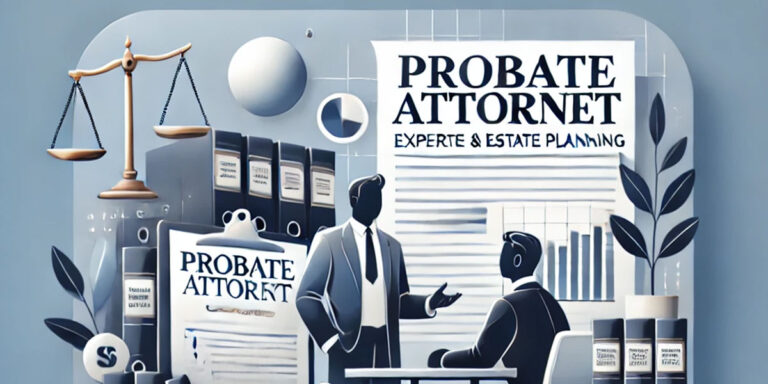
Queens Probate Attorney: Your Guide to Estate Administration in New York Losing a loved one is an emotionally challenging time. Navigating the legal complexities of
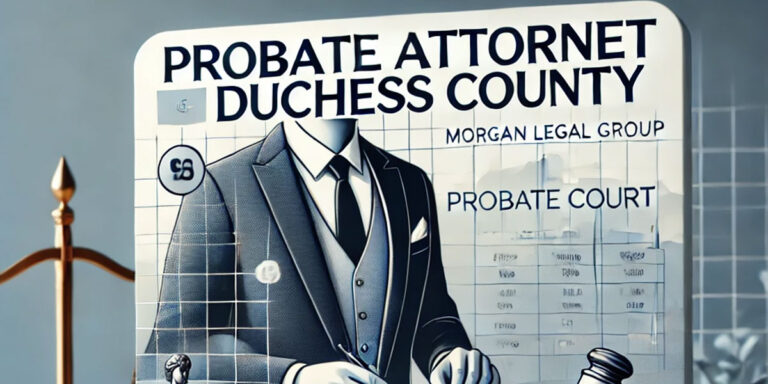
Duchess County Probate Attorney: Navigating Estate Administration with Expertise The loss of a loved one brings immense emotional challenges. Coupled with this grief, you may
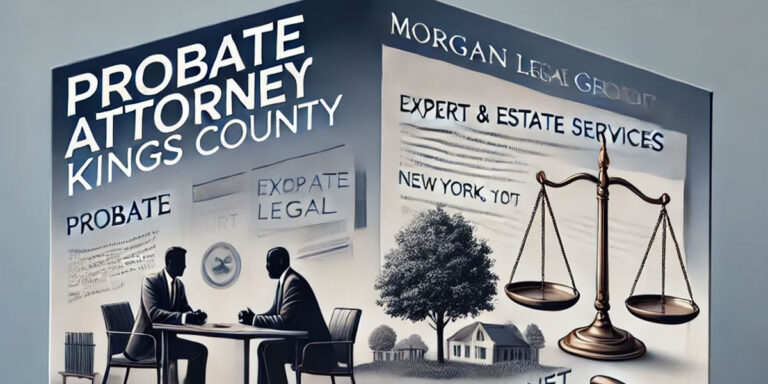
Kings County Probate Attorney: Your Guide to Estate Administration Losing a loved one is a difficult experience. Handling the legal complexities of probate can add

New York Estate Planning: A 2025 Guide to Essential Documents As we approach 2025, preparing for the future remains a critical undertaking. A comprehensive estate

Long Island Will Attorney: Planning Your Legacy for 2025 Securing your family’s future and ensuring your wishes are honored starts with a well-crafted will. As

Medicaid Trust on Long Island: Protecting Your Future in 2025 As we approach 2025, the need for strategic long-term care planning becomes increasingly critical for

Medicaid Trust in Brooklyn: Protecting Your Assets in 2025 Planning for long-term care can be a significant concern for residents of Brooklyn, New York. As

NYC Guardianship Attorney: Securing Your Family’s Future in 2025 Navigating the complexities of guardianship in New York City can be daunting, especially as we approach

How Does a Power of Attorney Work in Probate in New York? Understanding the Limits for 2025 Understanding how different legal documents interact is crucial

Busting Common Estate Planning Myths in New York: What You Need to Know for 2025 Estate planning can seem shrouded in mystery, with numerous misconceptions
Ⓒ 2025 - All Rights Are Reserved | Privacy Policy | Estate Planning Attorney NYC | Sitemap